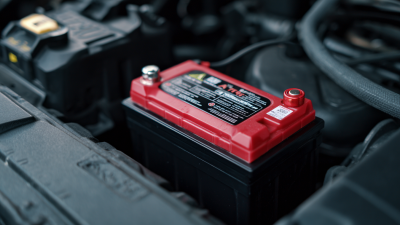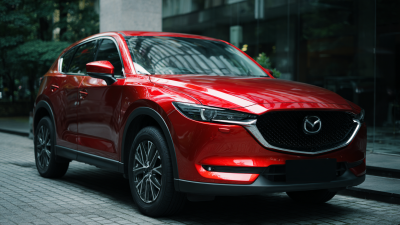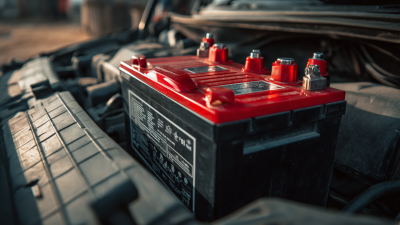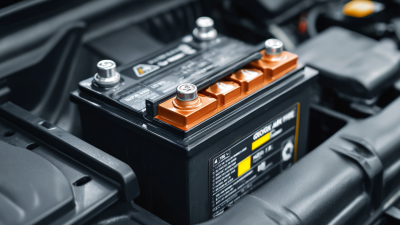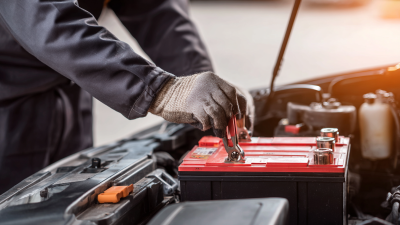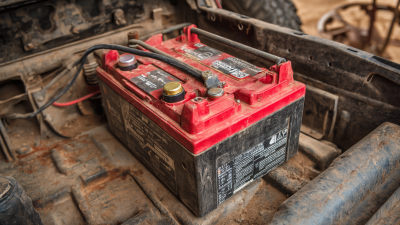When it comes to enhancing your vehicle's performance, choosing the right stop start battery is crucial. According to industry expert Dr. Sarah Peterson, a leading authority in automotive technology, “The right stop start battery can make a significant difference in how efficiently your vehicle runs.” With the increasing prevalence of start-stop systems in modern cars, understanding how to select the optimum battery for your needs can lead to a remarkable boost in vehicle performance—by as much as 30%.
Navigating the complexities of stop start battery options can be daunting, with various types, brands, and specifications to consider. The importance of selecting the right battery extends beyond just enhanced performance; it also impacts fuel efficiency, environmental factors, and overall driving experience. In this guide, we will explore seven essential tips to help you make an informed decision in choosing the best stop start battery, ensuring that you maximize the potential of your vehicle while minimizing the hassles of battery-related issues.
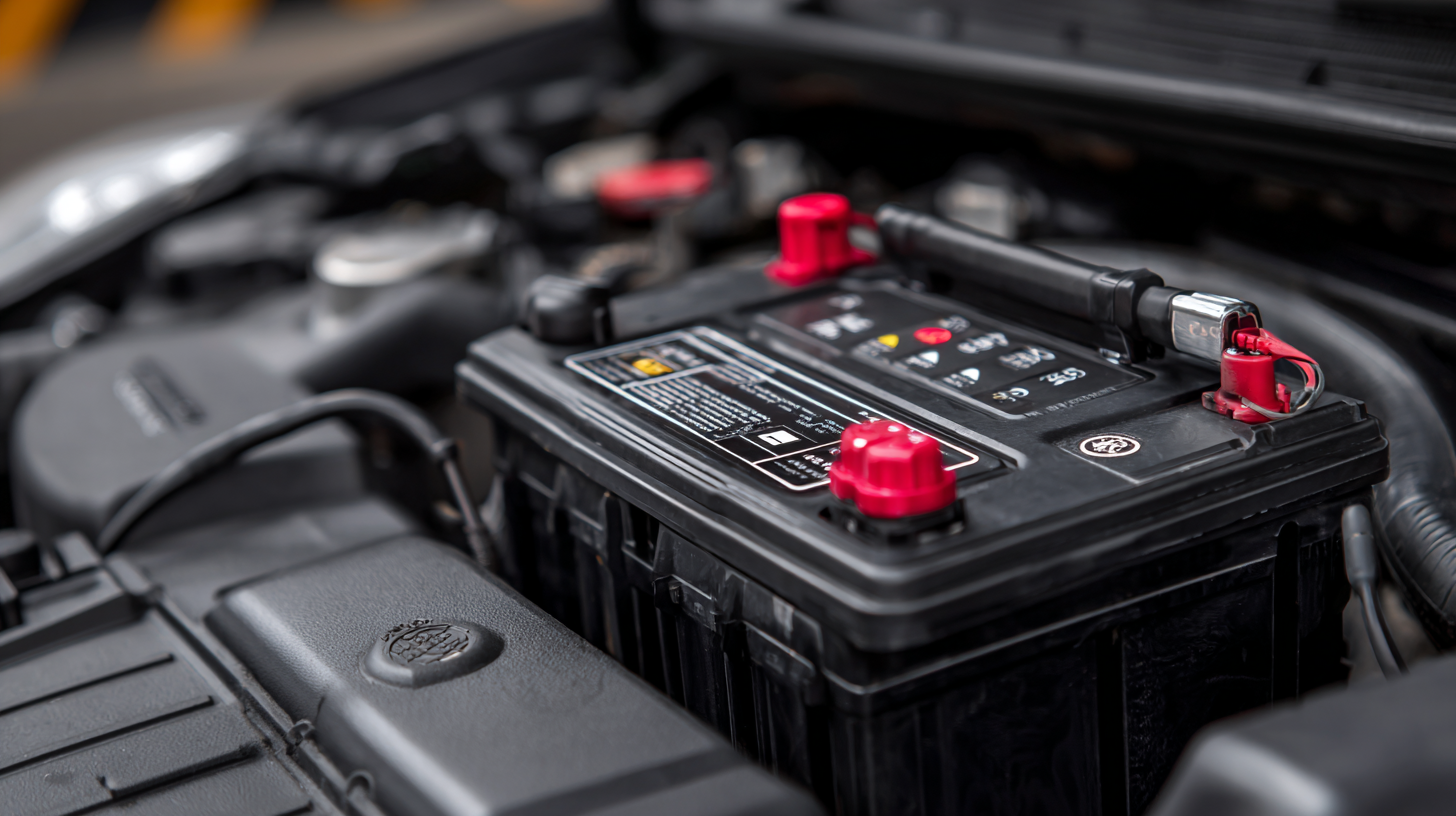
Stop-start batteries play a crucial role in enhancing fuel efficiency and reducing emissions in modern vehicles. With the growing concern over environmental impact, automotive manufacturers are increasingly turning to advanced battery systems that can significantly improve the performance of vehicles. According to a report by the International Council on Clean Transportation (ICCT), vehicles equipped with stop-start technology can achieve fuel savings of up to 10-15%, translating to a notable reduction in harmful greenhouse gas emissions. This is particularly significant in urban driving conditions, where vehicles frequently idle at traffic lights or during stop-and-go traffic.
Moreover, the efficiency of stop-start batteries is driven by their ability to support frequent engine restarts without compromising performance. Research from the Society of Automotive Engineers (SAE) indicates that using high-quality absorbent glass mat (AGM) batteries can enhance overall vehicle performance by as much as 30%. These batteries are designed to withstand the rigorous demands of start-stop operation, thereby improving energy recovery and maintaining system reliability. As a result, adopting stop-start technology not only aligns with regulatory requirements for emission reductions but also enhances the economic efficiency of vehicle operation for consumers.
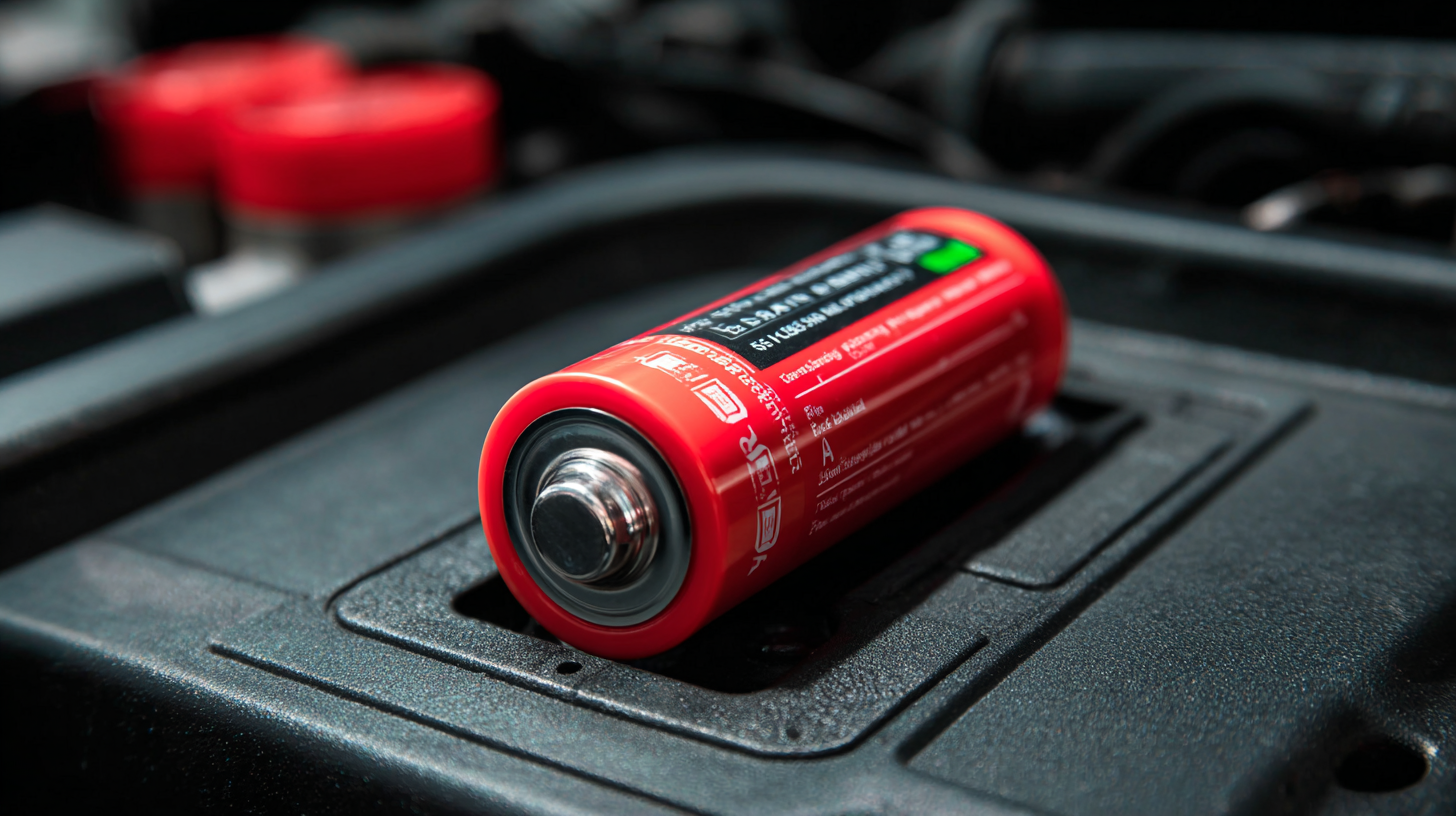 When selecting the right stop-start battery, it's essential to consider several key features that directly impact performance and efficiency. One of the primary factors is the battery's cold cranking amps (CCA). Research indicates that a battery with a higher CCA rating can deliver more power during cold starts, which is particularly beneficial in colder climates. According to a report by the Battery Council International, vehicles equipped with high-performance stop-start batteries experience a significant reduction in engine wear, extending the overall lifespan of the vehicle.
When selecting the right stop-start battery, it's essential to consider several key features that directly impact performance and efficiency. One of the primary factors is the battery's cold cranking amps (CCA). Research indicates that a battery with a higher CCA rating can deliver more power during cold starts, which is particularly beneficial in colder climates. According to a report by the Battery Council International, vehicles equipped with high-performance stop-start batteries experience a significant reduction in engine wear, extending the overall lifespan of the vehicle.
Another critical aspect to consider is the battery's cycle life. Advanced stop-start batteries, such as Absorbent Glass Mat (AGM) types, are designed to handle frequent discharges and recharges without significant degradation. This durability is crucial, as stop-start systems can engage hundreds of times a day in urban driving conditions. A study published by the Society of Automotive Engineers emphasizes that AGM batteries can last up to four times longer than conventional lead-acid batteries under similar conditions, ensuring reliable performance. By focusing on these essential features, drivers can enhance their vehicle's efficiency and effectiveness, potentially increasing performance by 30%.
When selecting a stop-start battery, it's crucial to consider the top brands in the market that are known for their reliability and performance. Industry reports indicate that the leading manufacturers such as Exide, Bosch, and Varta have consistently ranked at the top, capturing a significant share of the market. According to a recent report by MarketsandMarkets, the global stop-start battery market is expected to grow from USD 6.8 billion in 2023 to USD 12.2 billion by 2028, demonstrating a compound annual growth rate (CAGR) of 12.5%. This growth is largely driven by the increasing demand for fuel-efficient vehicles and stringent environmental regulations.
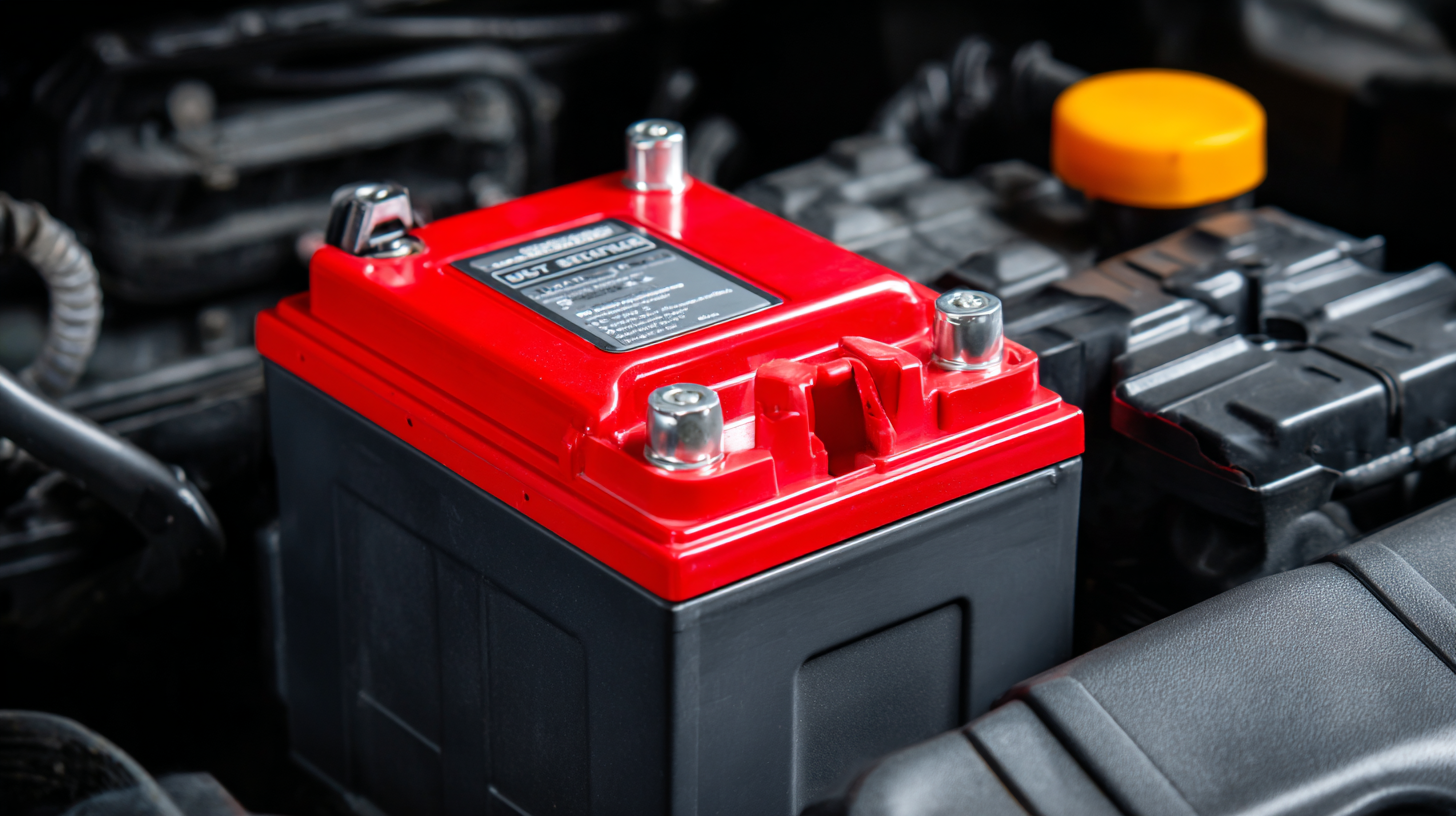
Exide’s AGM (Absorbent Glass Mat) batteries have received high praise for their ability to deliver robust performance in fluctuating temperatures, making them ideal for stop-start systems. Bosch, on the other hand, emphasizes their innovative technology, claiming that their batteries can improve vehicle efficiency by approximately 30%. Varta's Silver Dynamic series is also noteworthy, with a design that provides enhanced cycle stability and charging capacity. With these insights into the top-performing brands, consumers can make informed decisions, ensuring they choose a stop-start battery that not only fits their vehicle’s specifications but also contributes to overall performance.
When selecting the right stop-start battery, understanding battery specifications is crucial to enhancing your vehicle's performance. Stop-start systems require batteries that can handle frequent cycling, making it essential to choose one that boasts high cold cranking amps (CCA) and reserve capacity (RC). According to a report from the International Council on Clean Transportation, vehicles equipped with stop-start technology can improve fuel efficiency by up to 10% in urban driving conditions. This improvement is significantly influenced by the battery's ability to deliver ample power during engine restarts.
In terms of longevity and reliability, the cycle life of a battery is a vital specification. Most conventional lead-acid batteries offer about 300-500 cycles, while advanced absorbent glass mat (AGM) batteries can provide upwards of 1,200 cycles. According to a study by Battery University, AGM batteries demonstrate not only better cycling capabilities but also enhanced charge acceptance, making them a preferred choice for stop-start applications. The optimal selection of a stop-start battery can, therefore, lead to a substantial boost in both performance and efficiency, potentially increasing overall vehicle performance by 30%.
| Battery Type | Cold Cranking Amps (CCA) | Amp-Hour Rating (Ah) | Warranty (Years) | Weight (lbs) | Price ($) |
|---|---|---|---|---|---|
| AGM | 800 | 70 | 3 | 45 | 150 |
| EFB | 700 | 60 | 2 | 50 | 120 |
| Lead Acid | 600 | 50 | 1 | 55 | 90 |
| Lithium-ion | 1000 | 80 | 5 | 30 | 300 |
When investing in a stop-start battery, it’s crucial to consider the balance between cost and value. High-quality batteries may have a higher initial price, but they often provide longer life spans and better performance, translating to savings in the long run. Paying a premium for a reliable stop-start battery can enhance vehicle efficiency, yielding up to a 30% improvement in performance. This performance boost is especially beneficial for modern vehicles that rely heavily on electrical systems, making a wise investment crucial for optimal functioning.
Additionally, focusing on longevity rather than just upfront costs can help in avoiding frequent replacements and maintenance expenses. The future-proofing aspect of investing in robust batteries also contributes to the overall value, ensuring that vehicles remain efficient and reliable. By understanding the intricacies of battery technology and selecting products that emphasize durability and efficiency, drivers can make decisions that serve their immediate needs while safeguarding their investments for years to come.
